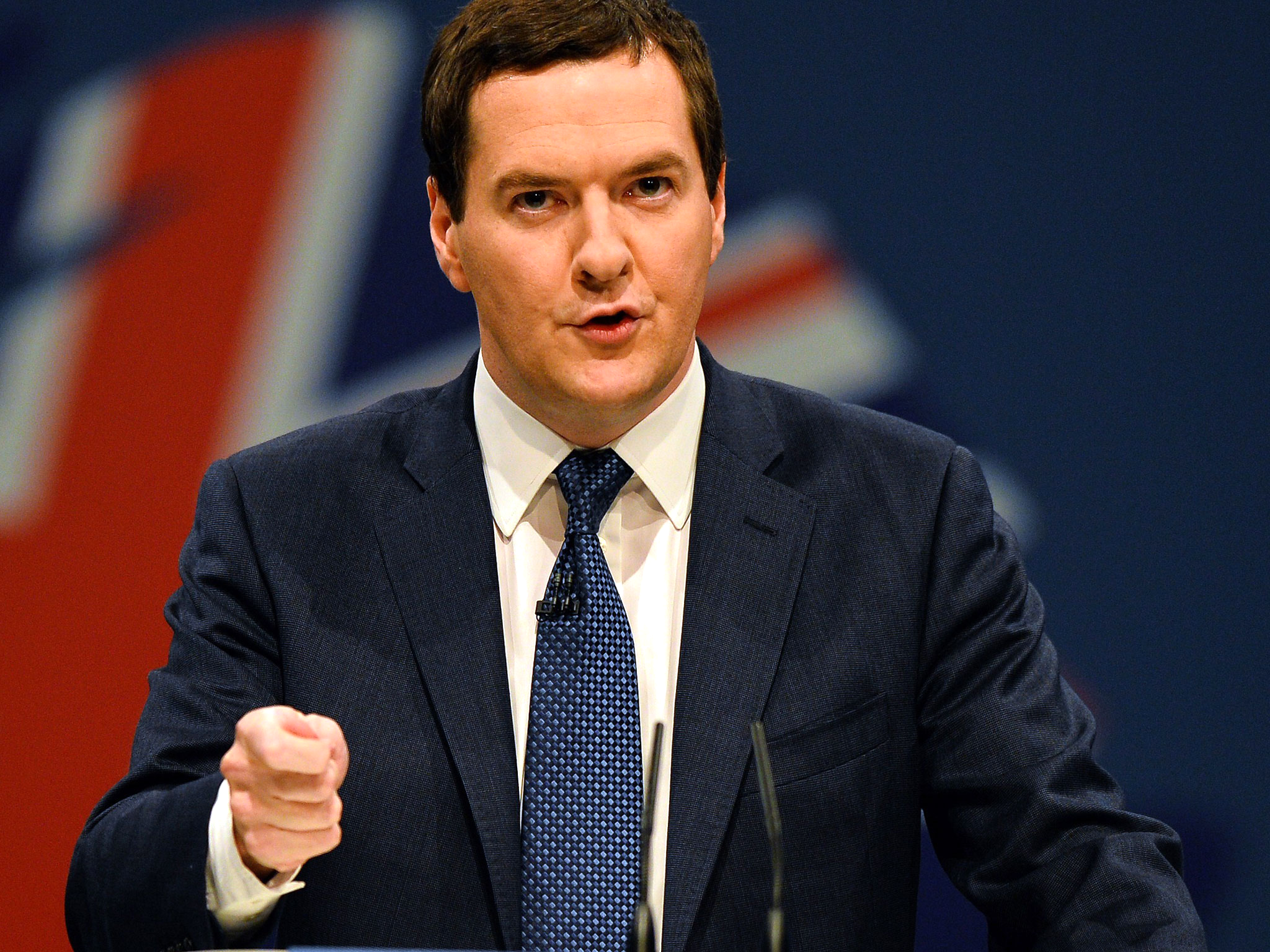George Osborne can be expected to brandish the IMF’s upgrade as more evidence that the intense political and economic argument over the appropriate pace of his spending cuts has been, as he put it in a speech last month, “decisively ended”.
Is this right? On the surface it looks plausible. Critics of the Chancellor argued that his chosen pace of fiscal consolidation was partly responsible for the UK’s economic weakness. But in recent months we have seen an apparently decent recovery take hold. Given the economy has been able to grow, despite the supposedly debilitating cuts, were his critics misguided?
The Chancellor has always maintained Britain’s stagnation was a result of the financial uncertainty spilling over from the eurozone. That crisis has eased since last summer. And this presaged the pick-up in the UK. So wasn’t the Chancellor’s analysis more accurate than that of his opponents?
In fact none of this is anywhere near as decisive as the Chancellor claims. First, Mr Osborne did (despite his rhetoric) slightly slow the pace of his fiscal consolidation, which probably helped support growth.
Second, as Olivier Blanchard noted, it is perfectly possible that growth would have picked up even sooner if Mr Osborne had done a more targeted fiscal stimulus. The Chancellor claims vindication, but the fact remains the economy might well have done better in recent years if he had shown more fiscal flexibility.


Join our commenting forum
Join thought-provoking conversations, follow other Independent readers and see their replies
0Comments